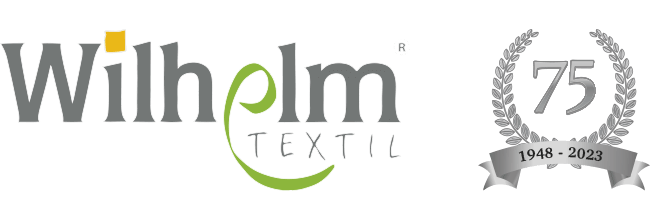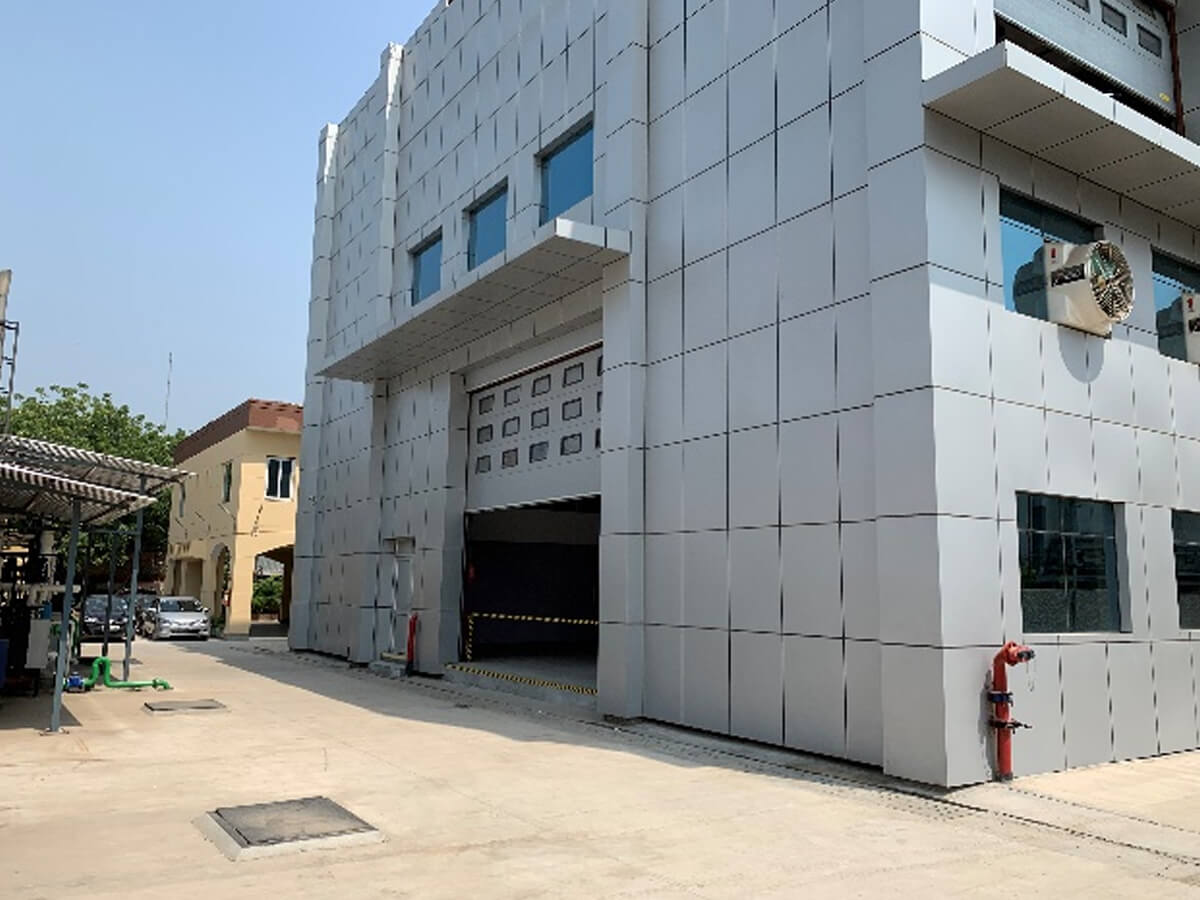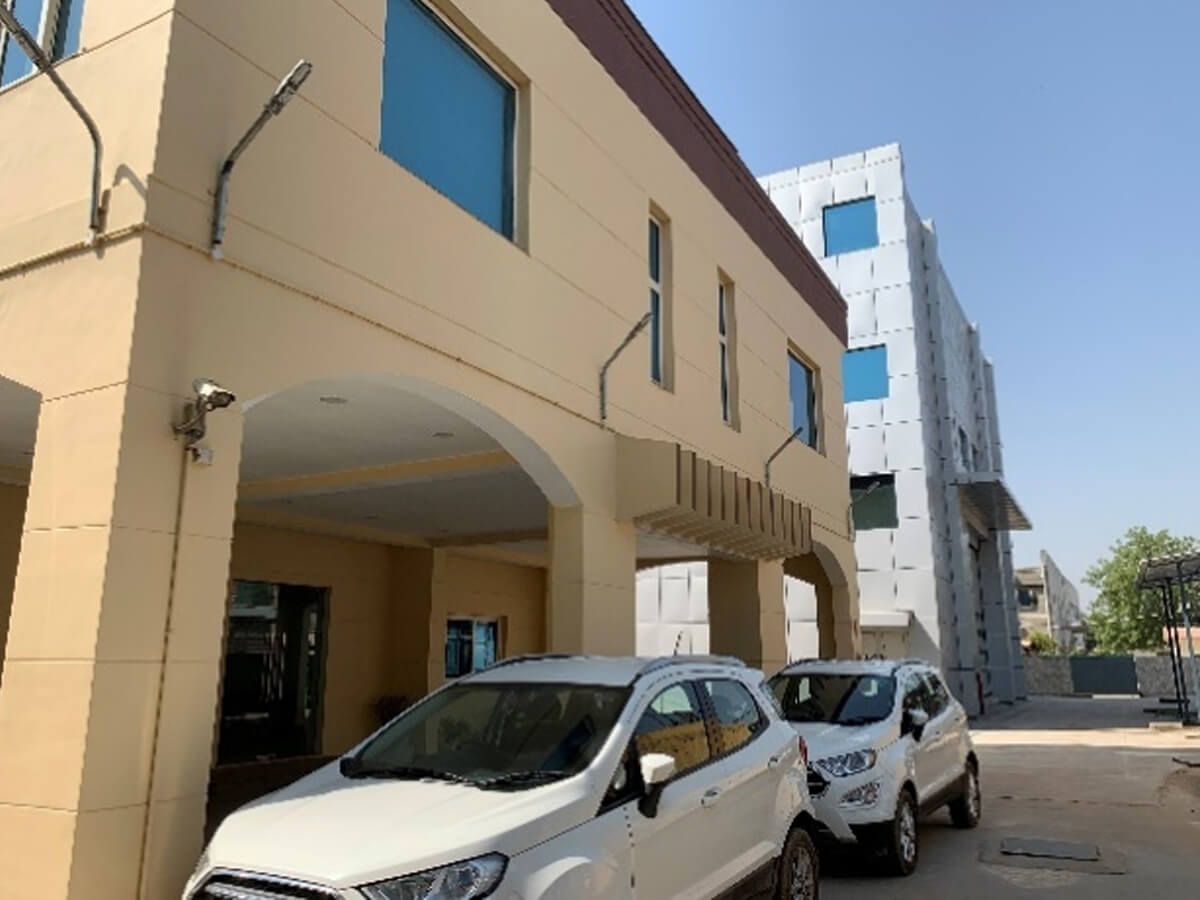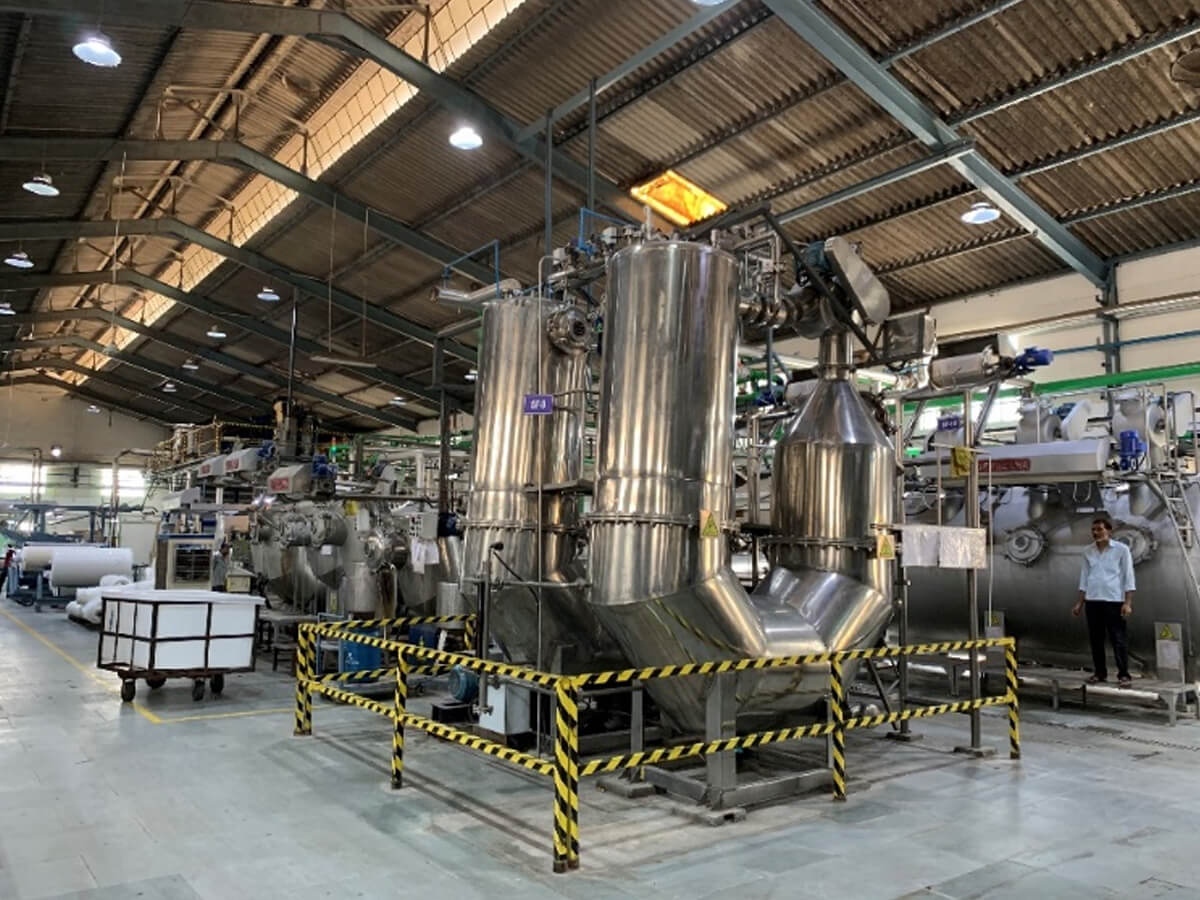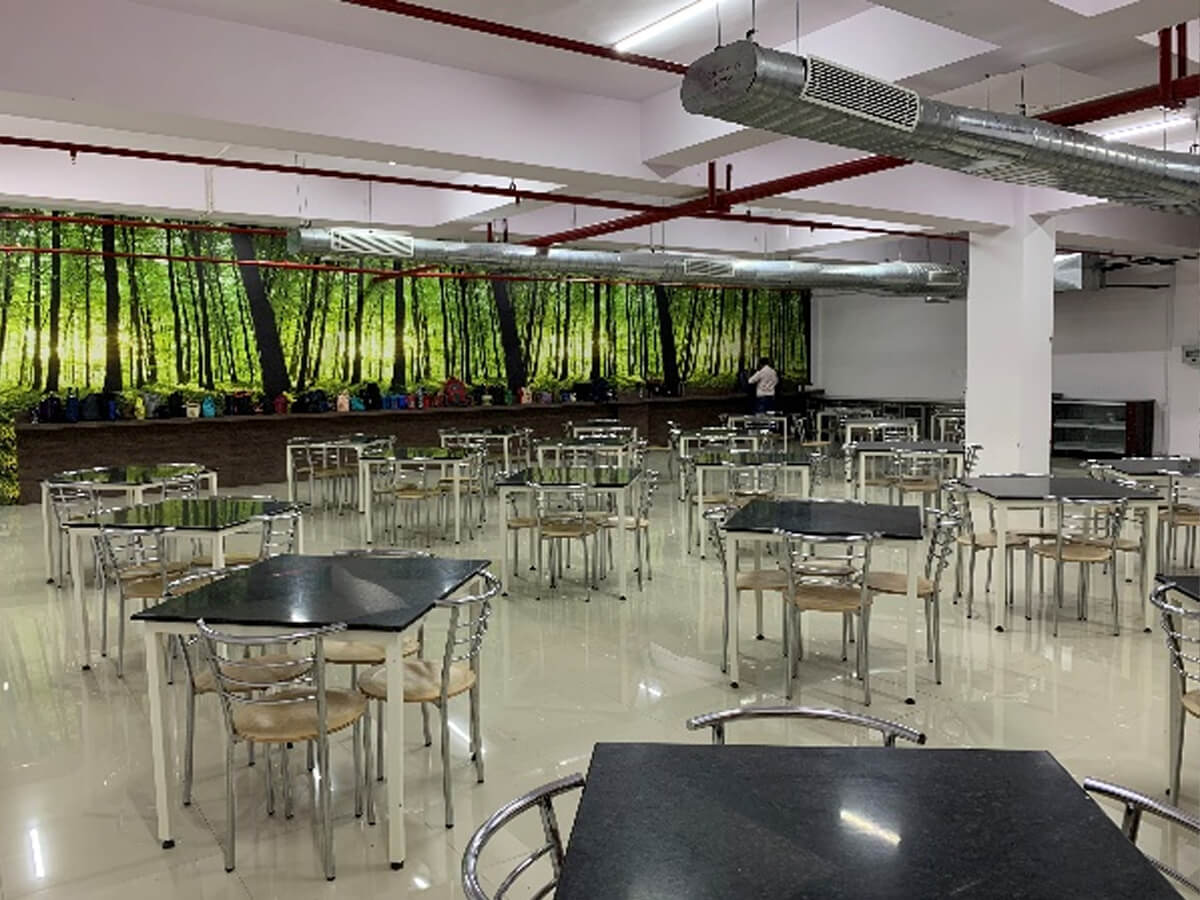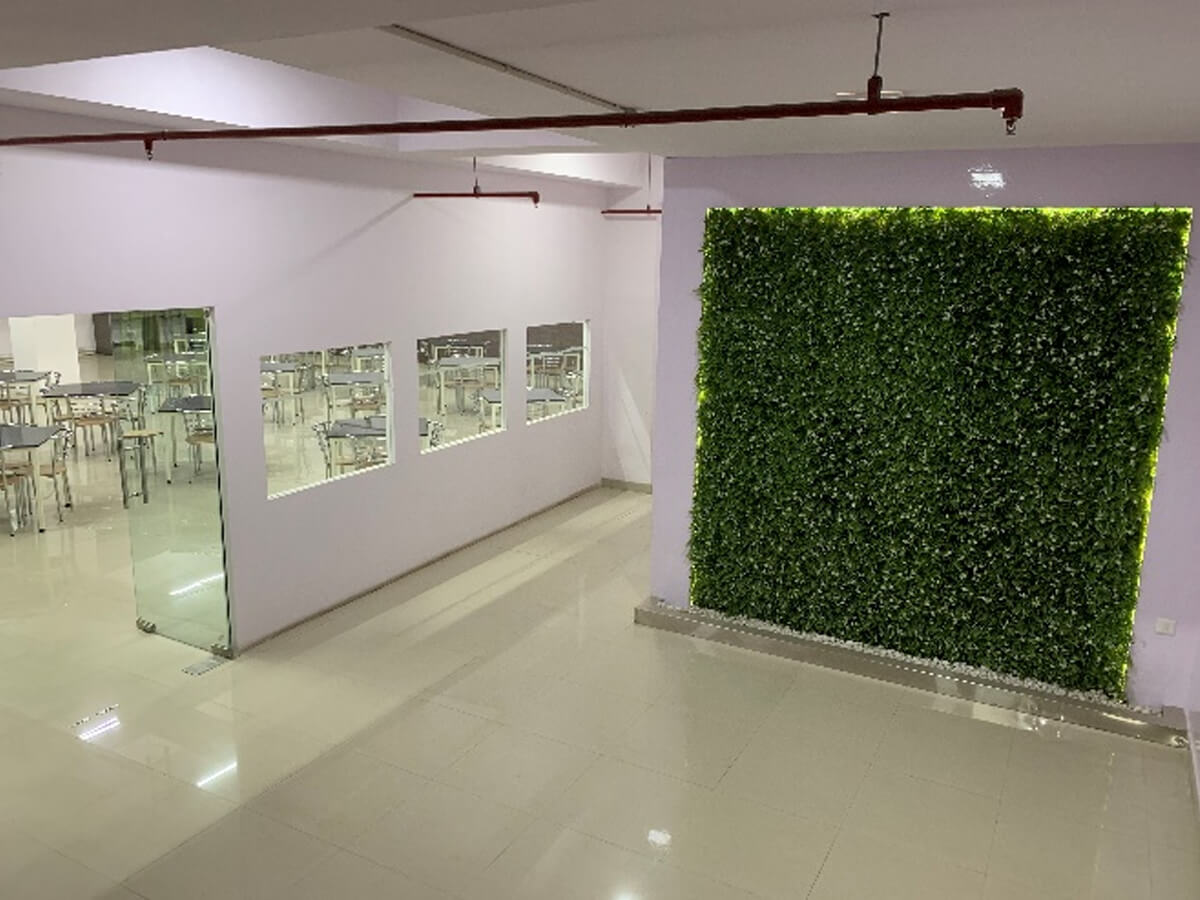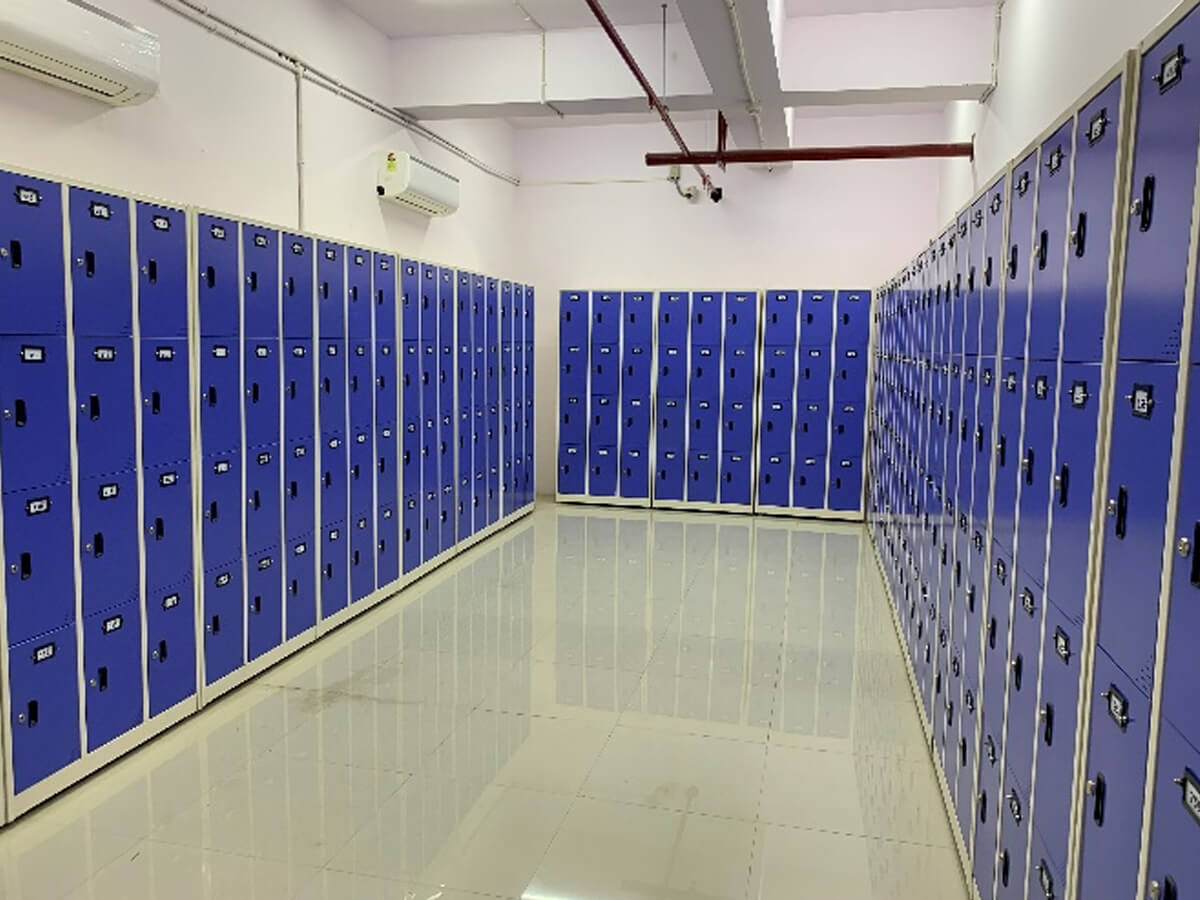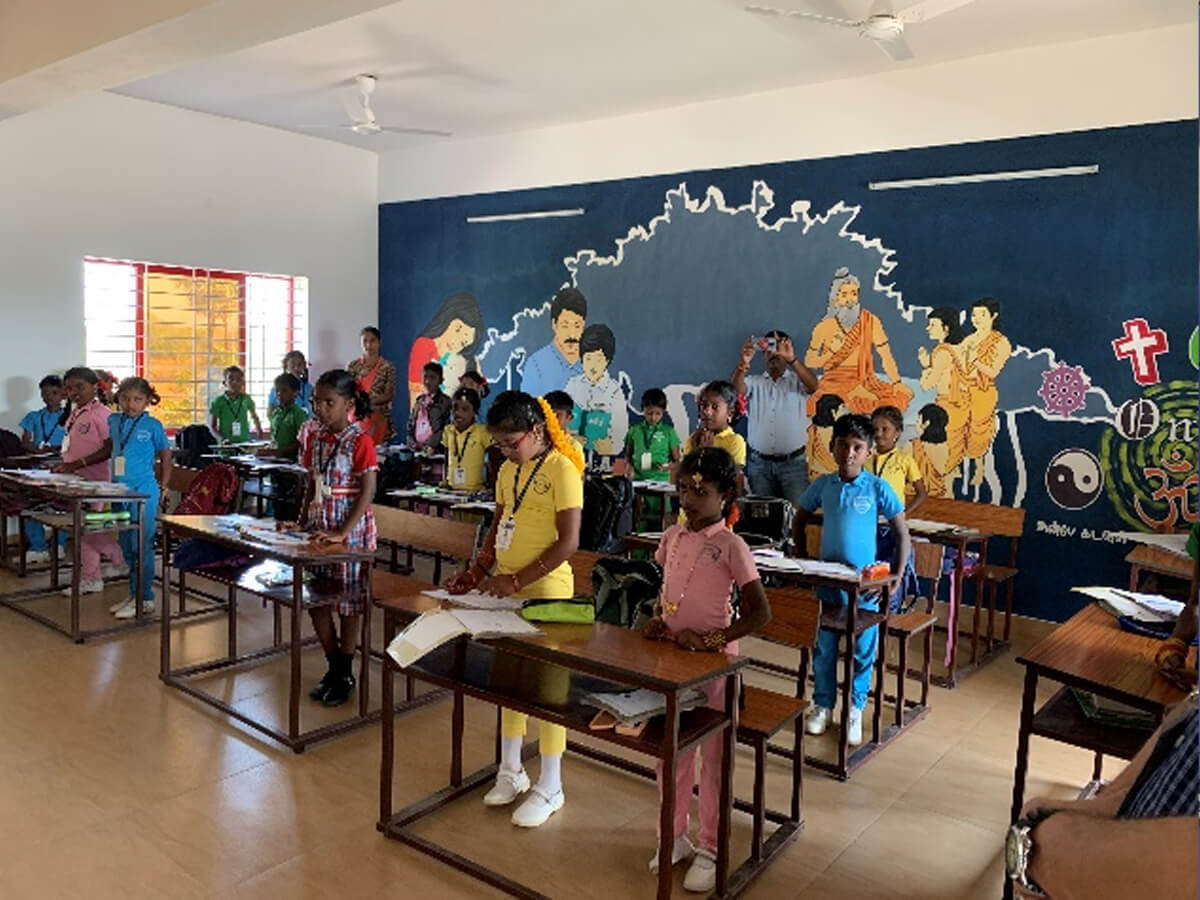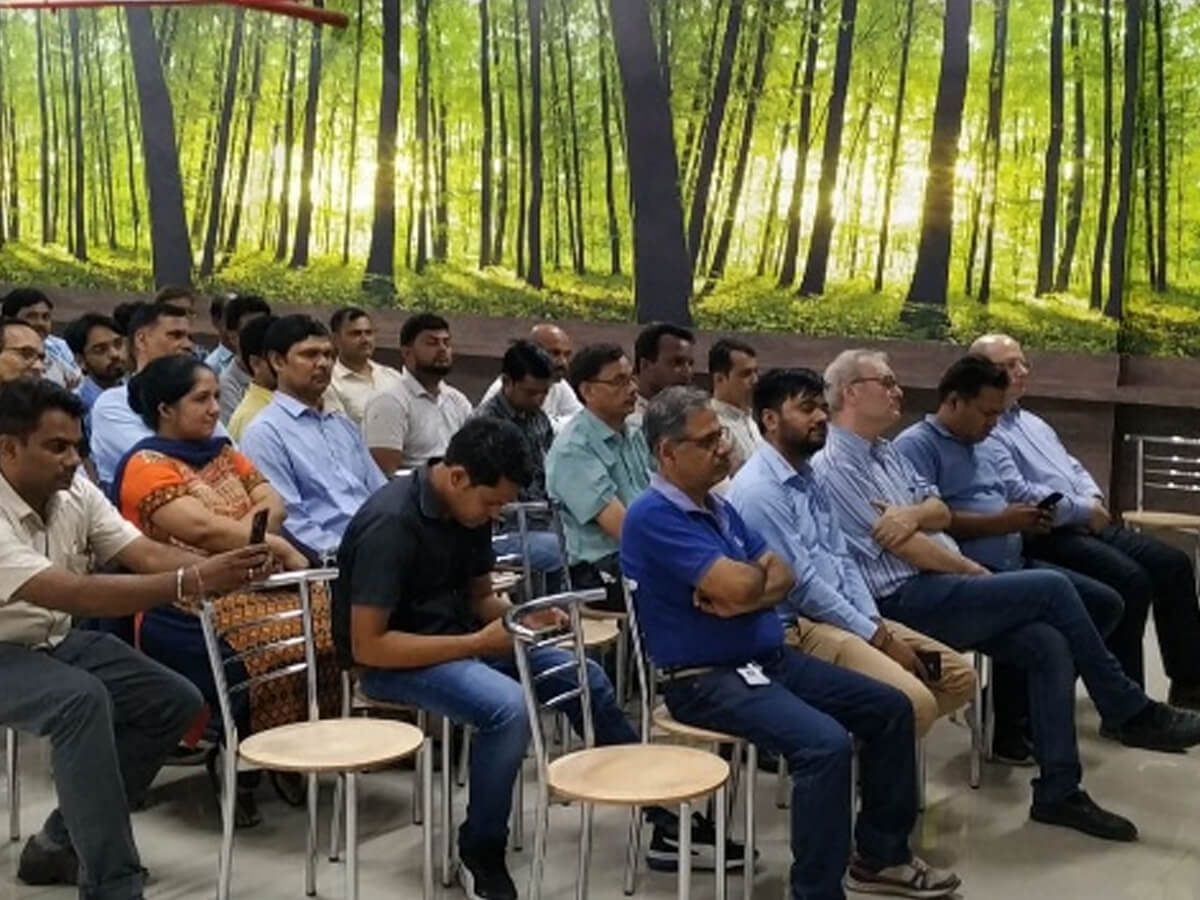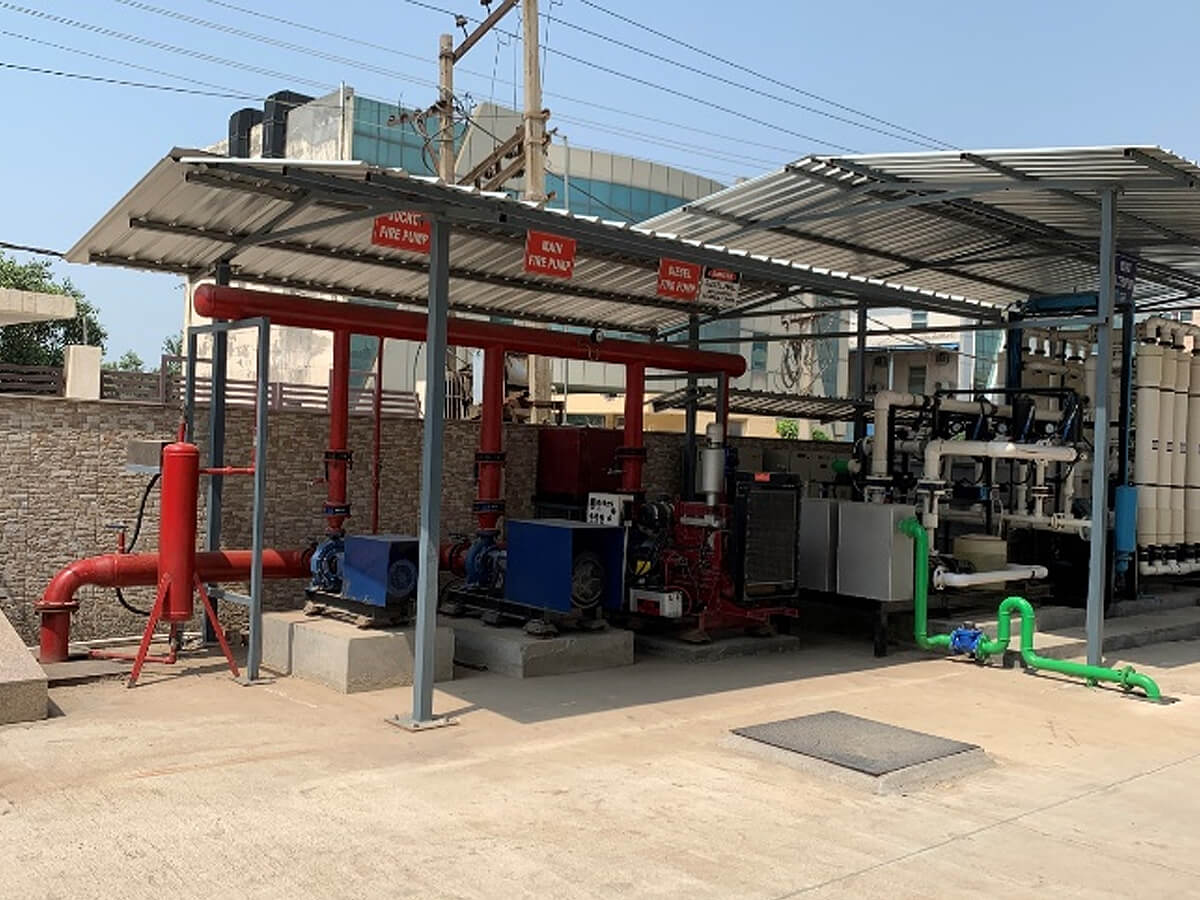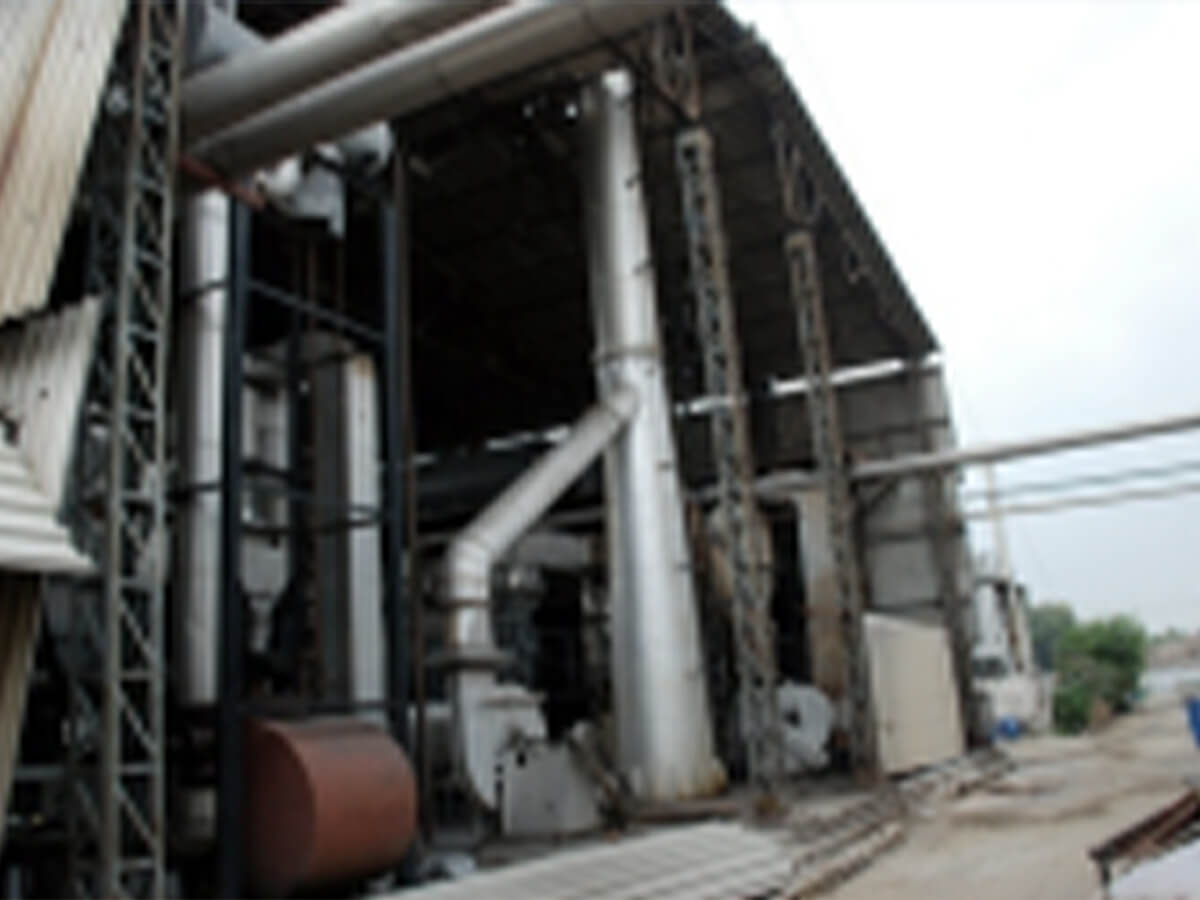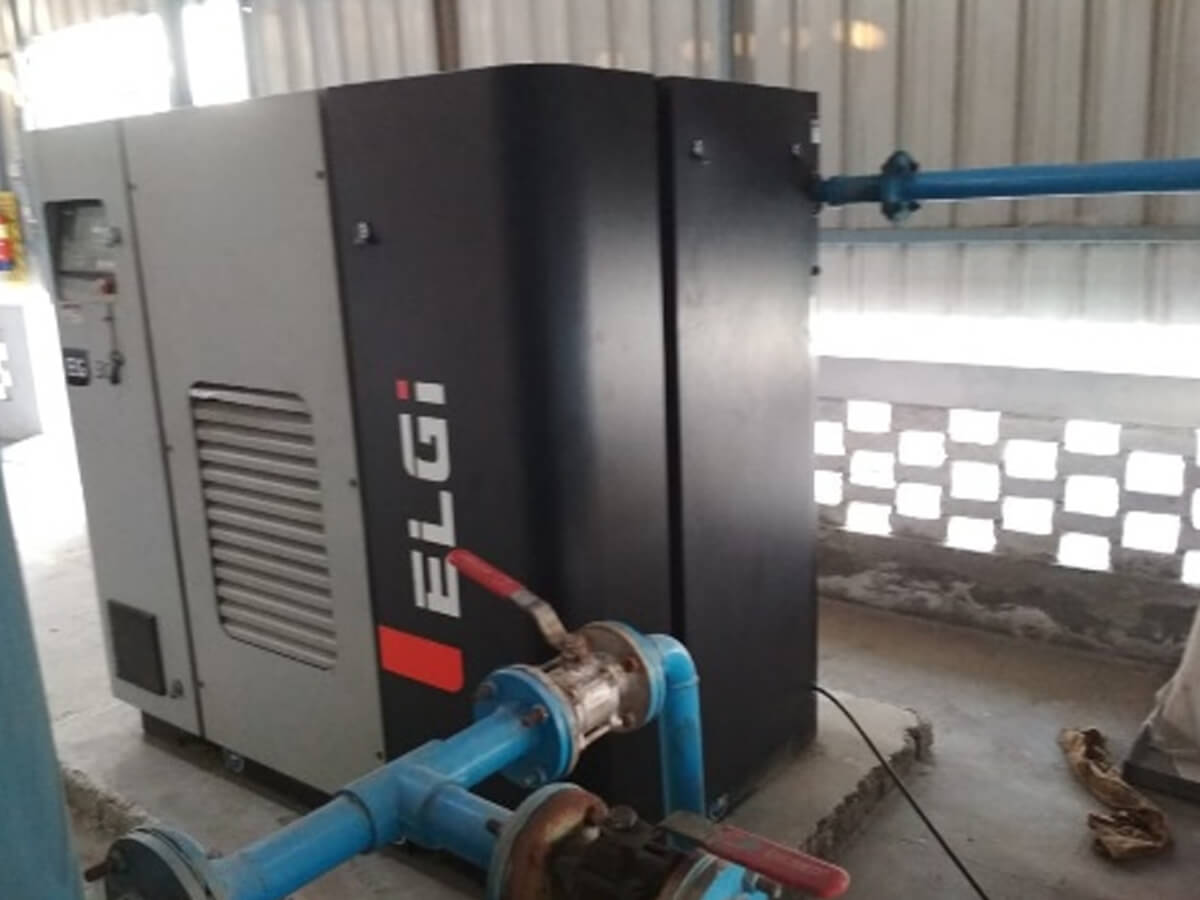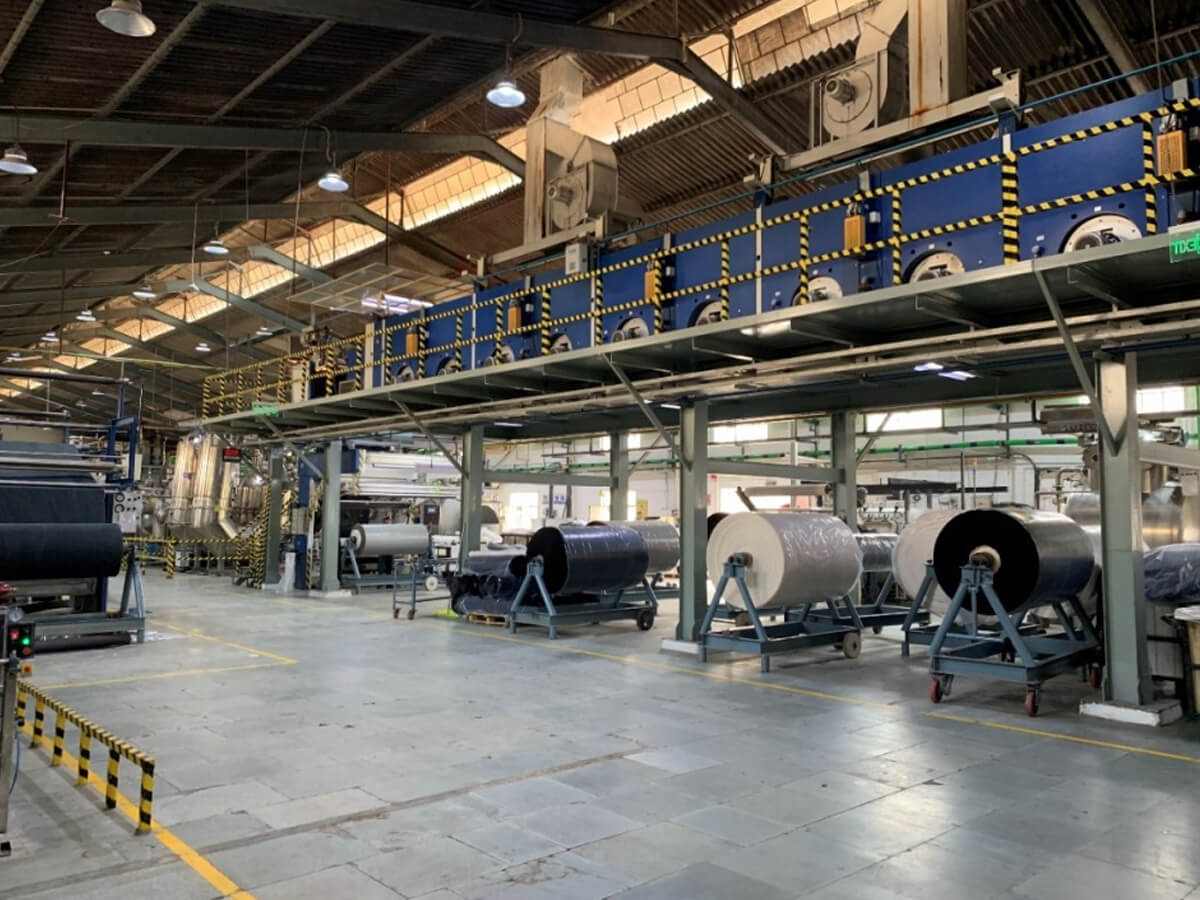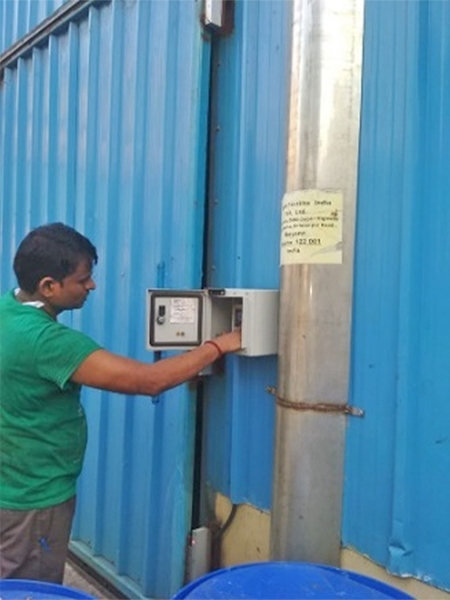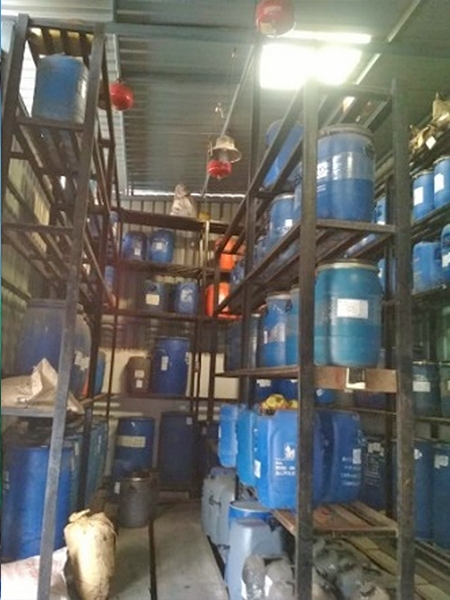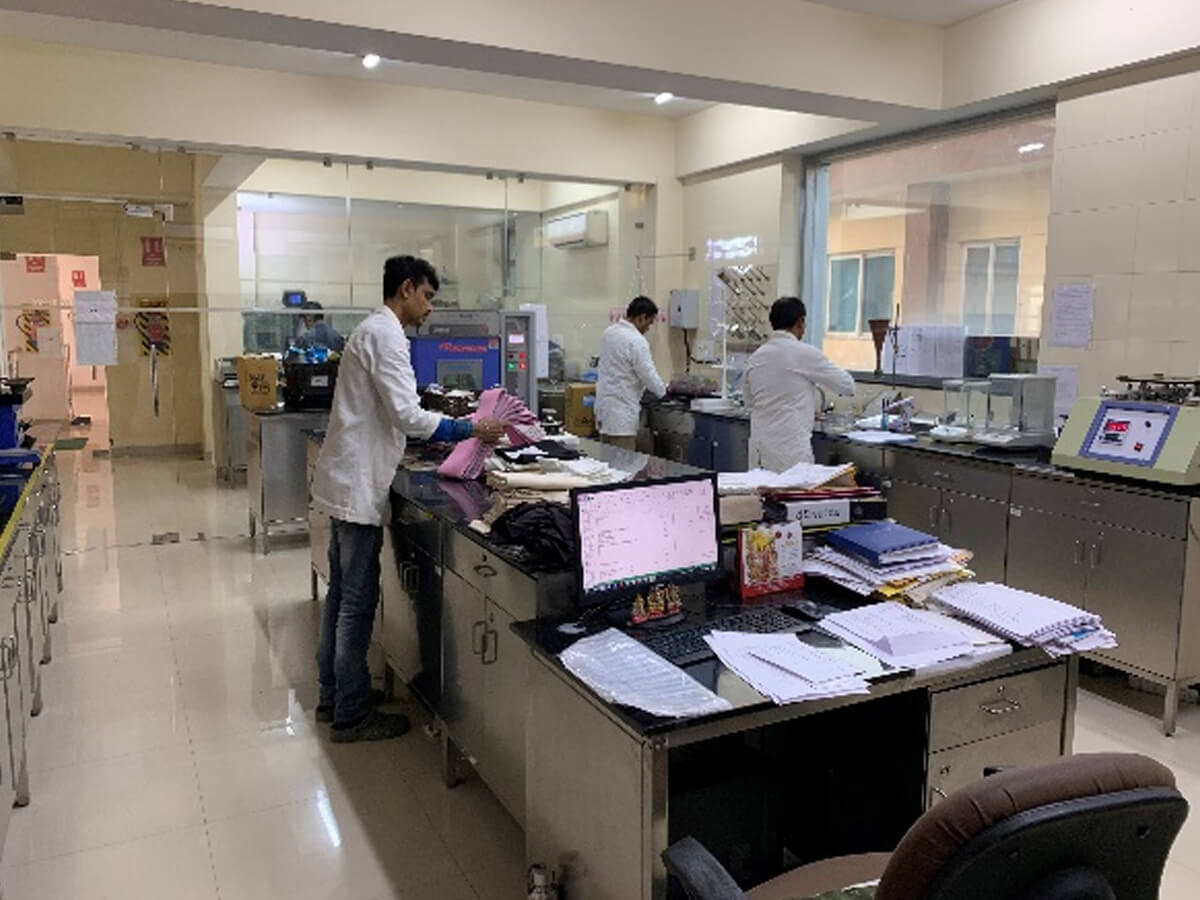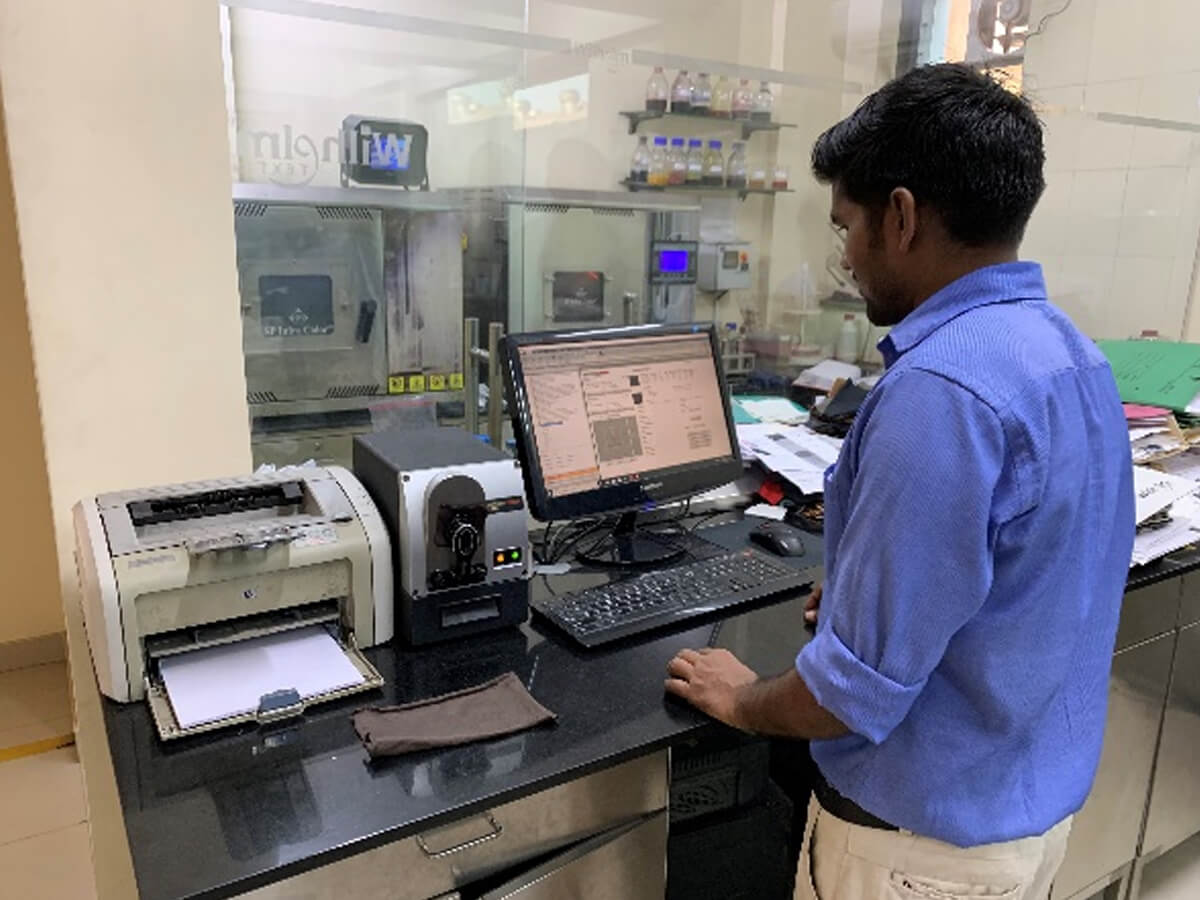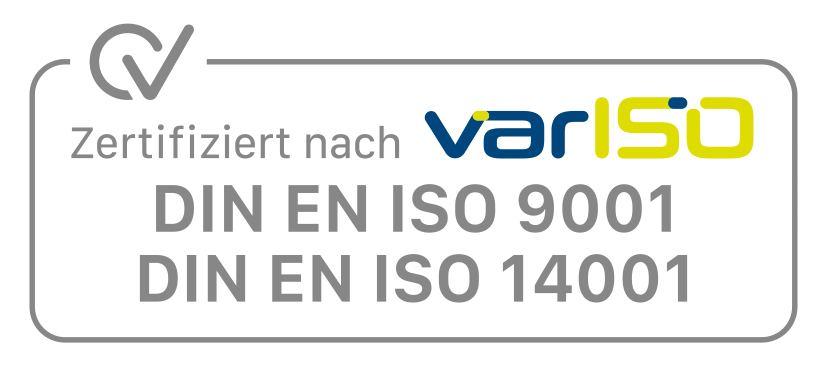SUSTAINABILITY AT WILHELM TEXTILE INDIA
SUSTAINABILITY AT
WILHELM TEXTILE INDIA
Wilhelm Textile India pvt ltd (WTI) was founded in 1994 and is dedicated to manufacturing of high-quality textiles for technical applications. It is occupying 8500 sqm area in Gurgaon, Delhi NCR Area.
Wilhelm team consist of 260 employees distributed between the Indian Head office and production plant located in Gurgaon plant and the regional sales offices in Chennai, Agra and Kanpur.
Mr. Erik Illig, the German Managing Director and his experienced Team assure the maintenance of high European standards.
Energy resources include coal, electricity and gas joint to diesel for the 24h 100% Power backup. Water is sourced either from bore well or recycled water from Public Sewage Treatment Plant (STP).
WTI covers the complete value chain of fabrics from yarn to coating, including knitting, weaving, dying, bleaching, washing, stone washing, lamination, coating and finishing.
Main products are upper materials, linings and inter-linings, foams, thermal insulated fabrics, etc. for shoes, bags and automotive.
Chemicals and Raw Materials used in process are ROHs and REACh certified according to most exigent global environment standards.
Amongst its customer’s portfolio Wilhelm counts the most reputed Brands in Shoe and Bag segment.
WTI is certified with ISO 9001-2015 and ISO 14001-2015. Certification on SA 8000 – ISO 26000 is ongoing and expected to get by November 2019.
SOCIAL REPONSIBILITY
Wilhelm Textiles Management Policies respect the legal requirements while fulfilling the high compliance exigences of International Textile Organizations as CADS, OEKO-TEX and special requirements of customers in this area.
Workers are paid well over minimum legal wage. No child labor is permitted and special requirements for women workers are fulfilled too.
Wilhelm has a clean and safe work environment as per highest European standards.
A training program is on place where workers are frequently updated on process features for their continuous improvement. Personal improvement will be reflected in employee yearly bonuses.
In 2019 Gurgaon plant opened a brand-new canteen installation provided with AC, fridges and heating devices for food plus water cooler delivering high quality drinking water (cold and natural temperature).
All workers have free unlimited access to tea and water round the clock.
Since 2018 have been installed fan air chillers that warrant a reduction up to 15 °C below the ambient temperature in working areas.
Also, in 2019 a cloakroom for workers and a medical room were inaugurated. A Company doctor performs a monthly check up for to labor related health issues. Those installation are far beyond the standards applied in India.
As responsible part of its commitment with the community, Wilhelm is sponsoring the Arumbugal Educational Foundation with its Nursery and Primary School in Vellore, India which currently attends more than 200 alumni.
8000 trees were planted in 2018 in public land and caring of them is brought by Wilhelm too.
Most exigent Health & Safety standards are applied including not only the passive protections at the workplaces and in the machines but applying strict H&S rules too; those are enforced with weekly inspections by H&S Committee who reports to top Management.
H&S best practices are a fundamental part of Wilhelm continuous training program.
SAFETY
Being fire one of the main concerns in Industry, in 2018 WTI has installed a completely new fire-fighting installation as per the highest technical standard, including Sprinkler systems. Firefighting system is connected to a set of underground tanks with total capacity of 400,000 l of water and is backed up with a Diesel pressure pump in case of Power Failure.
The water is coming from a recycled STP water system so non- impact on environment is warranted.
The fire detection system is enforced by an array of heat and smoke detectors with full battery back-up. Fire drills are being done on frequent basis in all shifts.
ENERGY
Wilhelm´s energy supply to the process is consisting of
- Steam boiler fired with coal,
- Thermal oil central heating unit also coal fired.
- Electricity
- Pipe Natural Gas (PNG).
In 2018, stack has been equipped with 2 wet scrubber units for the washing of flue gases.
In 2019 have been installed a 24/7 on-line monitoring system connected permanently to both Pollution Control Boards either in Central Government of India and in Government of Haryana Estate Environmental Departments. Pollution levels are well below the legally permitted ones.
Saving energy actions are being done systematically by applying technical measures as:
- Full insulation of all heating piping system.
- Full recovery and recycling of condensate waters after processes.
On electricity side some saving energy actions are worth to mention too:
- Since 2018 all electrical motor are being provided with power drives to optimize the consumption of electricity adjusted to the work load.
- In 2018 and 2019 the whole lighting of factory has been upgraded to LED lighting system including plant internal roads.
- In 2018 the whole compressed air system was re-engineered by installing a centralized high efficiency air compressor unit yielding a Power saving of 25-30%.
Main laminating processes are done with Pipe Natural Gas (PNG) heating to assure the lower levels of pollution, even being more expensive. In 2018 the plant incorporated a new PNG fired Stenter line incorporating the utmost sophisticated, computer-controlled technology to assure the highest quality of product with lowest environmental impact. Heat recovery units at the exhaust and sophisticated Pleva process controls increase efficiency and decrease pollution.
Thanks to the above measures and actions, Wilhelm Textiles could reduce its specific consumption [Megajoule/square meter of fabric] by 37% while the emissions of CO2 has been reduced by 42%.
WATER
Traditionally dyeing houses need lot of freshwater supply. Thanks to modern state of the art, micro-filtration, Reverse Osmose and other purification systems, Wilhelm Textiles manage to reduce its freshwater consumption by 98% to nearly zero.
Since 2019, all consumption of water in the plant is coming from recycled STP water provided by the Municipal Sewage Treatment plant through a dedicated pipeline constructed by Wilhelm Textile.
To assure the high quality of water required in the production process, Wilhelm has implemented in 2019 a sophisticated ultra-filtration and R/O system to minimize the metal content parameters in the water.
STP water to be used to produce steam is also treated in two Reverse Osmose systems previously to be fed into the boiler.
WTI factory is having a central Effluent Treatment Plant with a capacity of 400000 lts per day capable to treat all effluent waters generated from the plant. After full treatment, the effluent is sent to sewage treatment plant which revert the treated STP water for re-use.
In 2019 WTI installed a 24/7 monitoring system for effluent wastewater. This monitoring system is connected permanently to both Pollution Control Boards either in Central Government of India and Government of Haryana Estate Environmental Departments. Pollution levels are warranted to be far below the legally permitted ones.
CHEMICALS
Wilhelm Textile is using a variety of chemicals as adhesives, dyes, sequestrants, etc.
WTI uses only certified vendors on RoHs and REACh regulations.
Potentially risky chemicals are stored in special warehouse which access is controlled by biometric devices giving permission to a very limited and specifically authorized persons.
Automatically activated dust sprinklers take care of the safety in case of chemical hazard.
For environmental protection, all chemical containers are backup up with a secondary containment system.
Workers are provided with special protection equipment like filter-masks, safety glasses, emergency showers including eye-washing ones.
The content of dangerous substances in chemicals being used is supervised constantly by authorized personnel only.
Frequent analysis is being done in the effluent wastewater by reputed test houses like SGS, Intertek and TUV. Those analysis are done under the rules of international standards like CADS and OEKO-TEX or even special requirements of our customers.
WASTE
Rejected products and fabrics are managed by a certified recycling company.
Cardboard and paper rolls are fully recycled.
Plastic bins and general waste are managed by Haryana estate authorized recycling company.
ETP sludge is recycled by Government authorized recycling companies either to be incinerated or to be incorporated to concrete fabrication materials.
QUALITY
Raw materials and final products are permanently controlled by Wilhelm´s Quality Control Department. Quality team takes care of incoming control, ongoing process control and final product quality control. Colors are controlled with the preciseness of a Datacolor Spectrophotometer.
In 2018 Wilhelm inaugurated a new Quality Control laboratory incorporating the necessary techniques to supervise and improve constantly the quality of our products.
Quality control routine includes the analysis of fabrics to check the contents of potentially dangerous substances including forbidden ones. Those analysis are done as per regulations of global associations like OEKO-TEX or CADS as far as Governmental rules.

